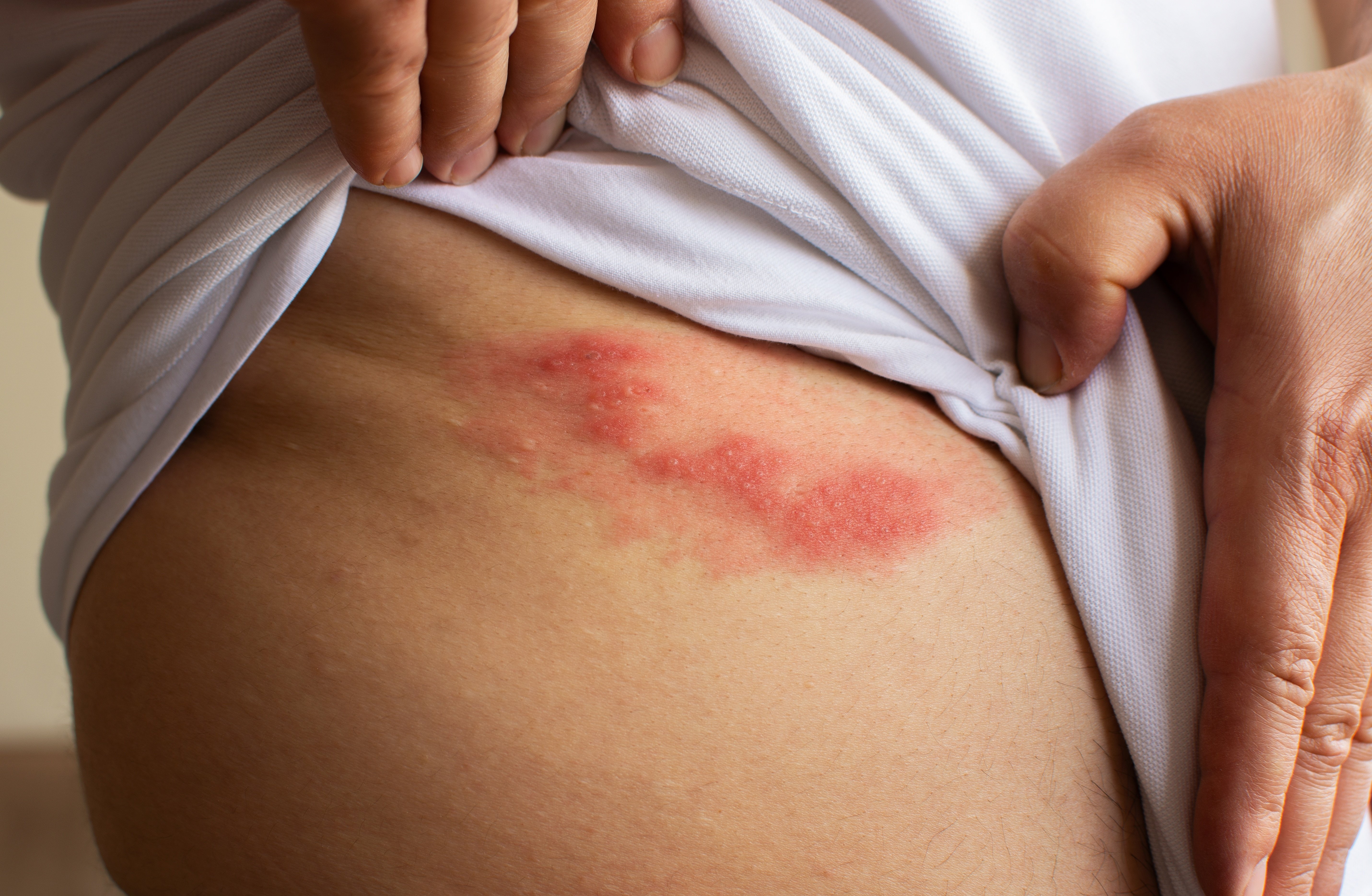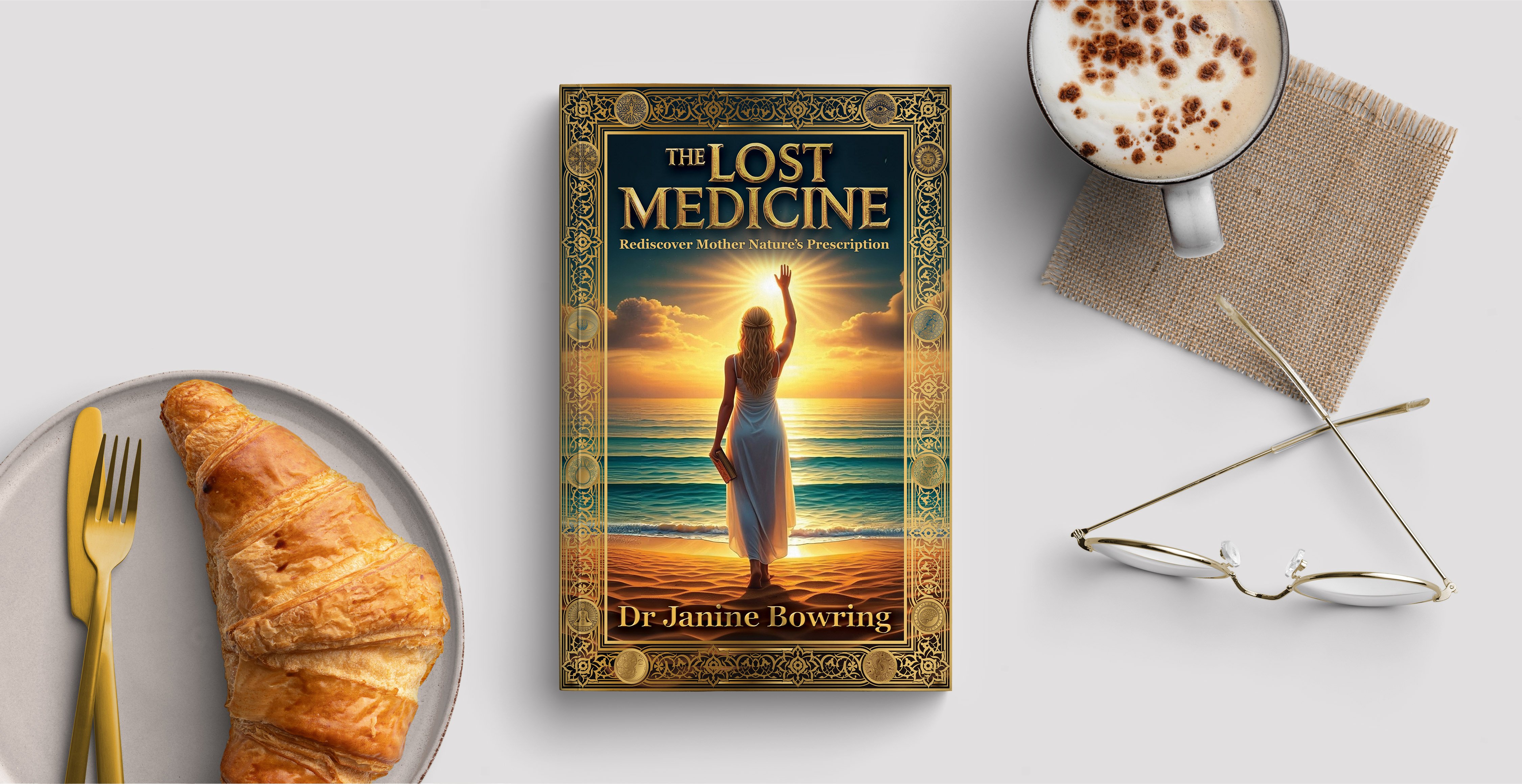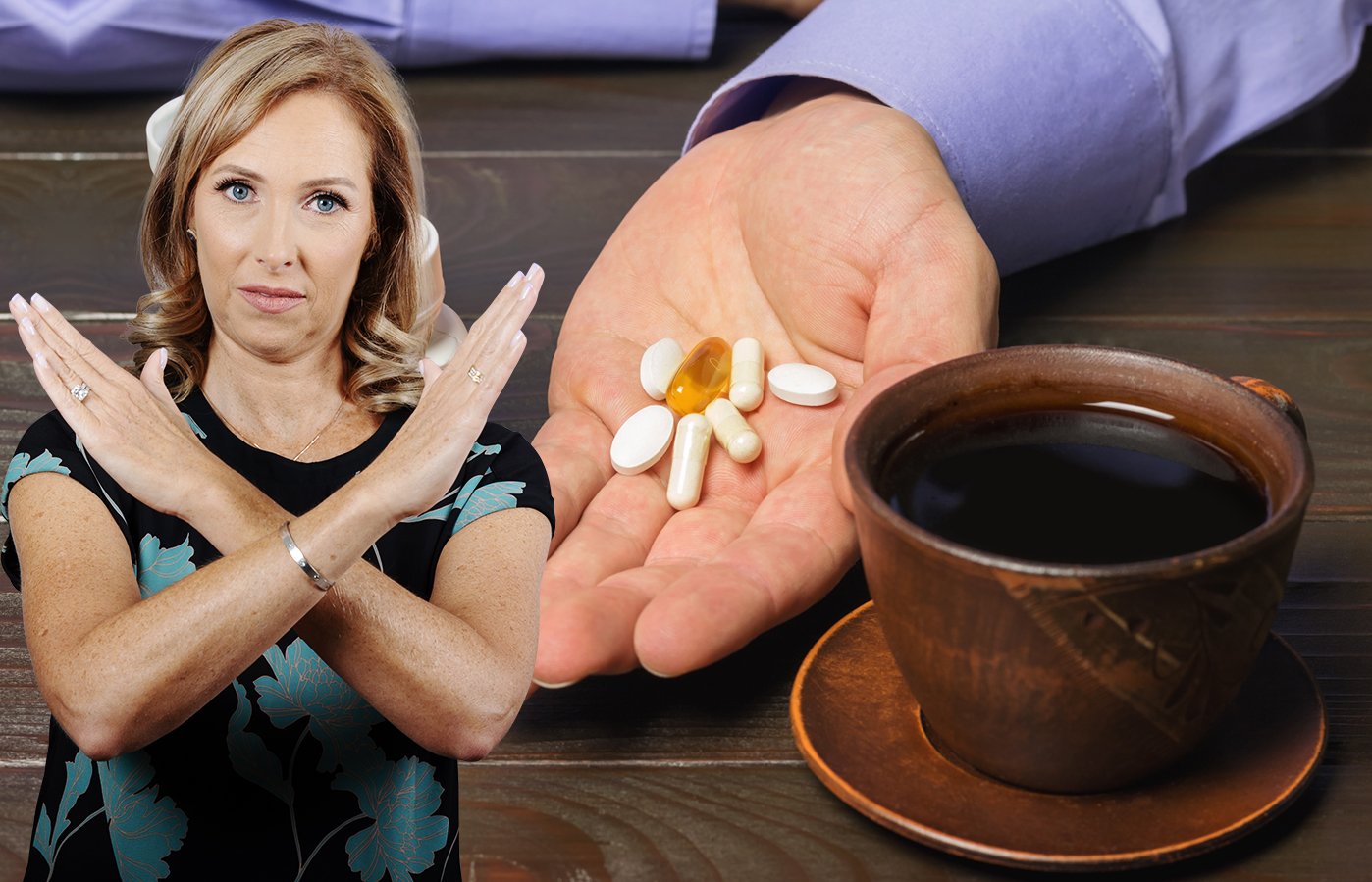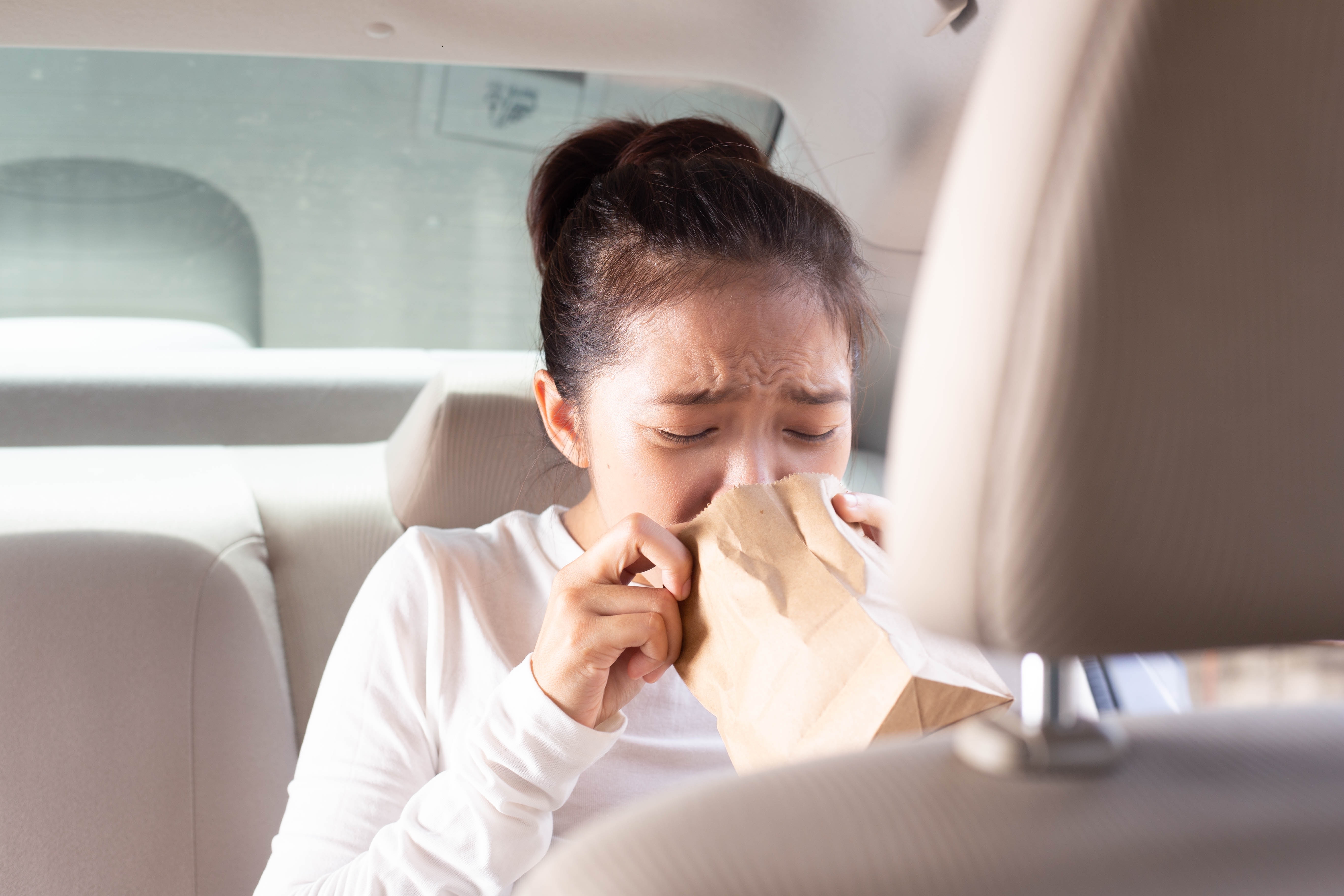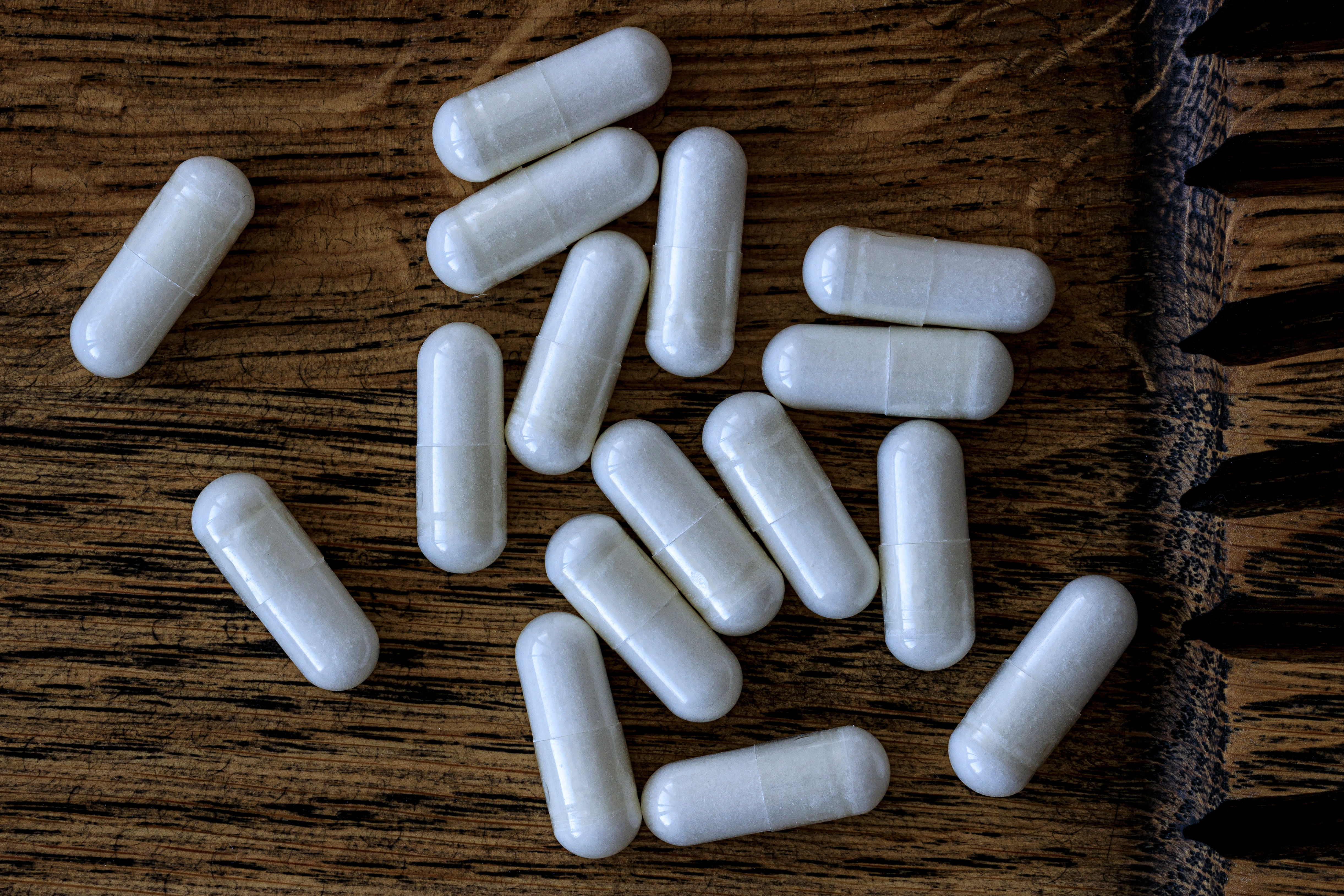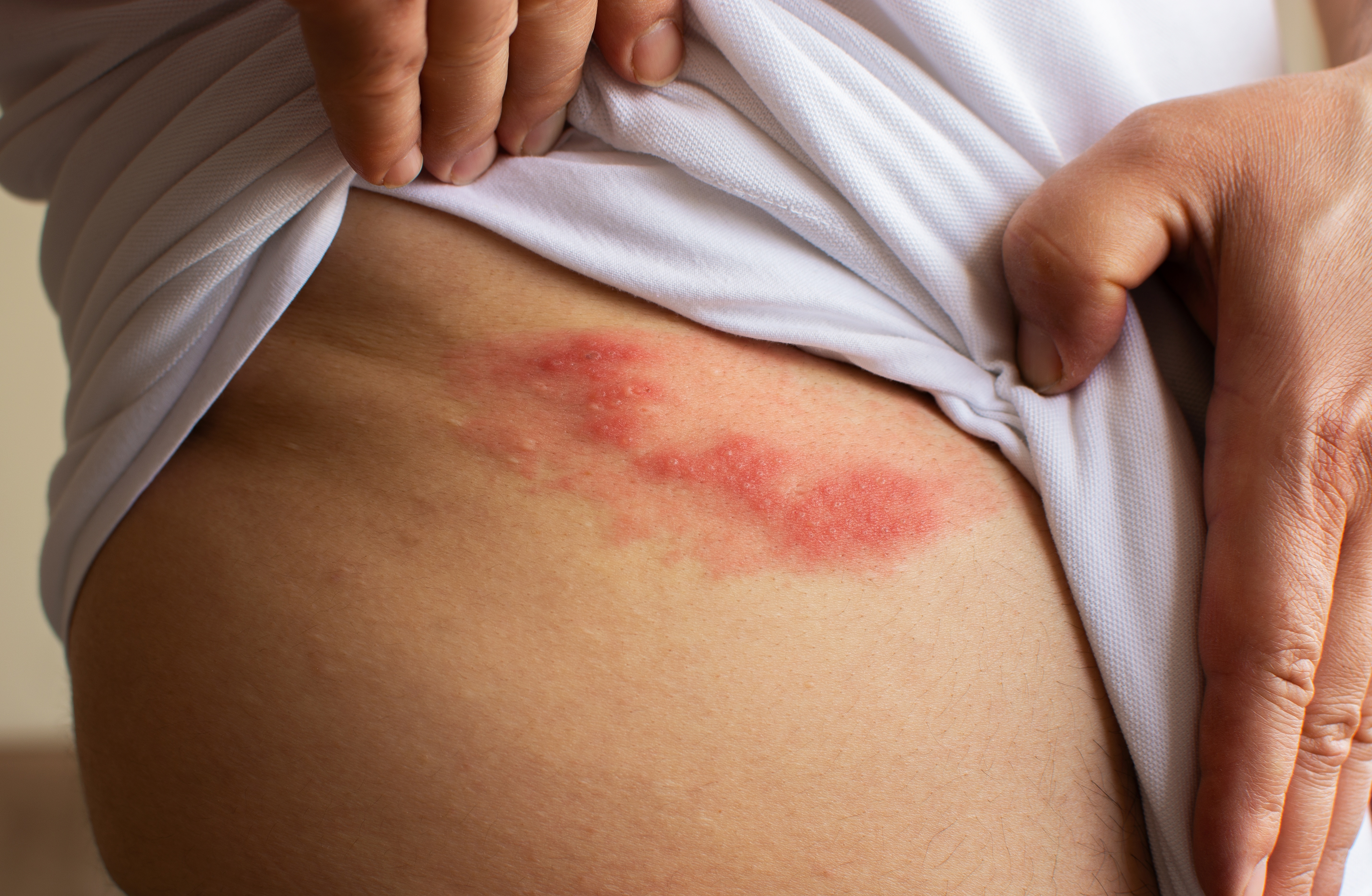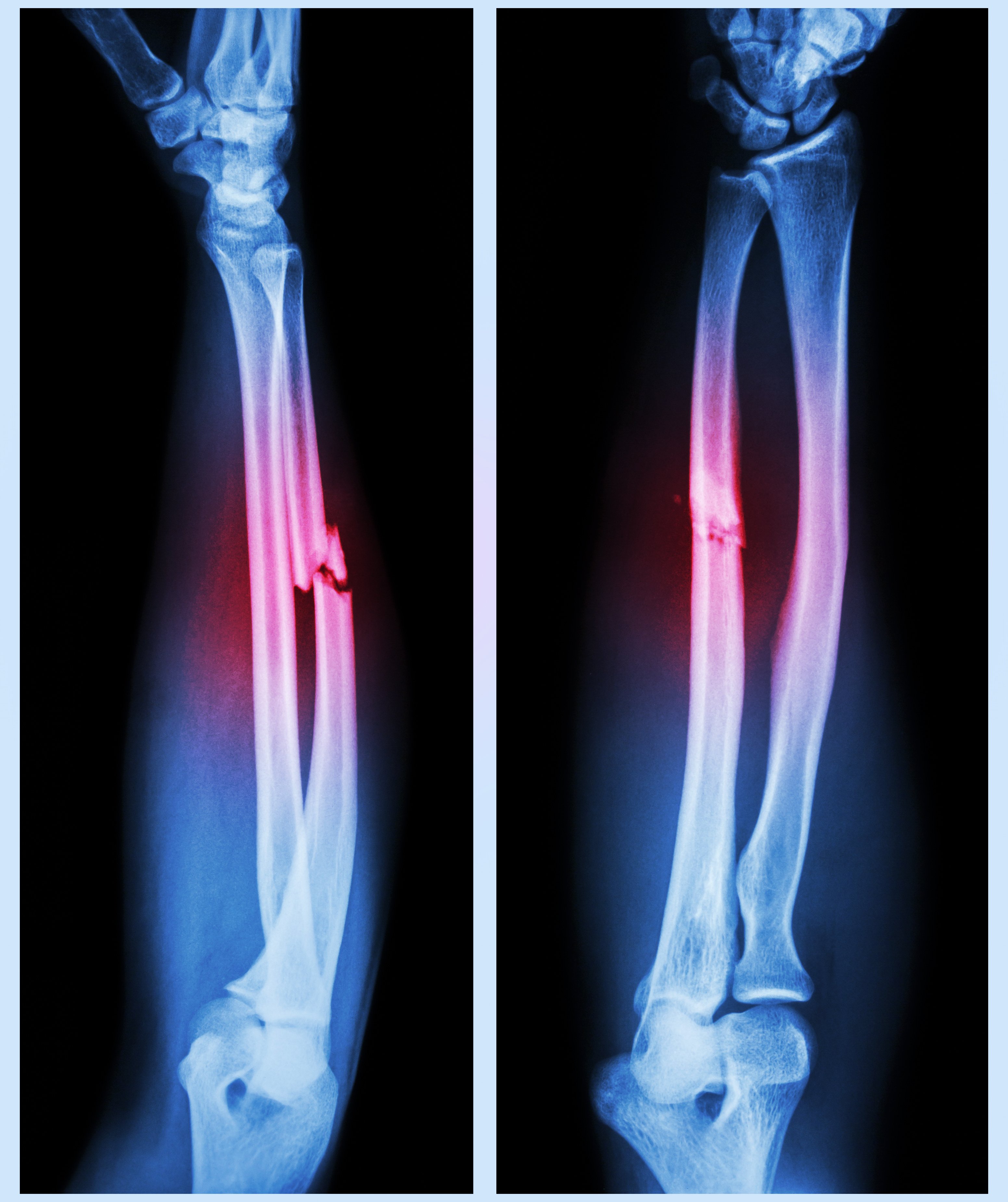Introduction
If you or someone that you know has ever gone through shingles an extremely painful situation, here are some fantastic tips I've got seven of them to help manage shingles naturally. Now we know that shingles is caused by the same virus that causes chickenpox and it is a herpes zoster virus similar to cold sores.
This video is going to be helpful in those situations as well and unfortunately, that virus can remain dormant. So, if you had chickenpox as a kid now that virus can remain dormant in your body and then reactivate itself causing shingles. The most common symptoms of shingles are a red rash, blisters, you could have a fever, you're very fatigued, you could have muscle aches, a headache and feel nauseous as well during the course of the virus. If shingles has hit you before you know exactly what I'm talking about in terms of that intense pain. Often people don't know what it is, and they start to get that rash on the side of their back, along their rib cage and it is very painful. I have seven tips to help to clear it up very quickly and most importantly to prevent it from happening in the first place.
Tip #1: Vitamin C
My first tip for shingles is to optimize your vitamin C levels. Now this becomes really important whenever your immune system is fighting something. It actually needs more vitamin C and being a vitamin that we do not create as humans, we have to optimize our vitamin C levels. Now I'm not talking about taking a synthetic vitamin C which is usually ascorbic acid that's what you're going to see on the label and that form of vitamin C is not optimal in terms of absorption. It's made chemically and is synthetic. I always prefer a whole food vitamin C from natural sources; so things like acerola cherries, cam cam berries. These are great sources of concentrated whole food vitamin C and can be very very effective against shingles helping to dry up. I had a patient for who we upped her dosage of that natural whole-food vitamin C and was able to dry up those patches of those lesions on her back within a couple of days. So it is possible.
Tip #2: Lysine
Lysine is an important amino acid known to counteract the virus itself. There's another amino acid that is not so great which is L-Arginine, having the right balance, and there are certain foods that are higher in lysine and others higher in L-Arginine, focusing on the foods that are higher in lysine is going to be to your advantage. Lysine is also found in some supplements. It's also found in a good quality grass-fed collagen supplement, so that might be something to consider as well, upping your collagen intake for a little bit making sure that it is, of course, grass-fed and a hydrolyzed bovine collagen.
Tip #3: Sunlight
Tip number three is to get more sunlight exposure. Now this goes without saying for our immune system, of course, our vitamin D levels, but sunlight has a lot to do with our circadian biology, our circadian rhythms. Programming things like our microbiome in tune with nature so that we can fight natural things off in our environment, whether that's a virus, bad bacteria, or parasites, we have to get our microbiome, our entire system, back online with nature. Sunlight through our eyes, through our skin, programs our brain and all of the clock systems in our organs to be in tune with nature. That is really important. Especially you've heard me say before getting that early morning sunlight is super important to wake up the clock mechanisms; to tell the body that it is a new day and that we're in tune with our external environment. Super important for our immunity to be able to fight off those shingles.
Tip #4: Probiotics
Optimize that healthy microbiome. Sometimes we do need to take extra probiotics which are the good healthy gut Flora that help to outweigh those bad guys. So things like viruses, bad bacteria, we want to have more of the good guys. We want to find a good compatible probiotic for your digestive system. That's human and is going to be important.
Tip #5: Immune Herbs
Okay, tip number five for shingles is to include some immune-supporting herbal medicines. The pneumonic that I have is called M.E.G.A and these are my favorite ones. So M the first one is marshmallow, a great soothing herb for any irritation that's happening. It really helps to calm down inflammation. Echinacea, also a natural antibiotic helps to fight off viruses. G is for ginseng, American ginseng, which is a great tone of fire for your immune system. A is for astragalus and it is known as a deep immune herb. It really helps at fighting off viruses and making you feel much better much more quickly after your body has been fighting something like the flu, a cold, a virus or something like shingles.
Tip #6: Stress Relief
In most of the cases of shingles that I've seen in my practice, it always came on in times of stress and lack of sleep which we're going to talk about in tip number seven. So finding some form of stress relief is going to be super important for your overall immunity but also fighting off that shingle so much more quickly. Check out this playlist on my YouTube for videos with stress relief tips.
Tip #7: Sleep
Number seven of course you can guess is getting a good night's sleep. This is so important and again getting our circadian biology, our circadian rhythms, back in sync with the light and dark cycle of the day. One of my tips for a good night's sleep is to make sure you're sleeping in a nice cool and super dark room wearing night blinders over your eyes. An eye mask is going to be really important to keep that light out of your eyes. Of course, turn off your devices long before bedtime you shouldn't have any screens on before bed to optimize your good sleep and your good melatonin secretion.
Now do you know someone who suffered with shingles? Maybe even yourself? How did they find relief? For more information on how to get that good night's sleep please check out my video 'How to Fix Your Sleep Guaranteed'.
I'll see you there!
